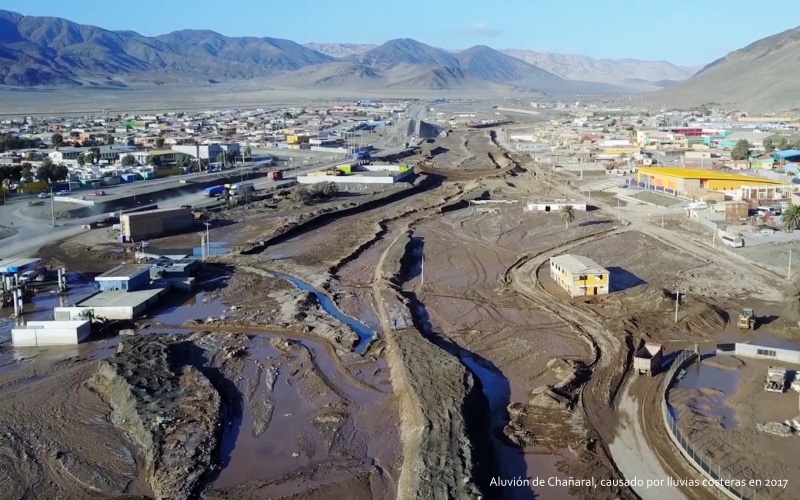Multi-Dimensional Resilient Design: Coupling Disaster Risk Reduction and Climate Change Adaptation in Action

Chile has a widely recognized experience in disaster risk reduction, particularly earthquakes, which is reflected in an effective building code, an institutional organization and a public awareness related to catastrophes and recovery. In the last years, however, Chile faces a greater recurrence of events and multiple threats directly or indirectly related to the phenomenon of climate change, which challenge the country to expand its expertise to face these challenges in multiple ways. The project is addressed to improve creation of knowledge about resilience-oriented planning and design actions conceived as tools to foster the local risk management in case of extreme natural event, increasing the preparedness while operating a sustainable regeneration of the built environment. Multiscale strategies of post-disaster interventions and long-term urban policies based on the principles of urban resilience such as ecosystem-based solutions, green and blue infrastructures, community-based options have proven to be cost-effective if compared to the huge expenses to be faced for restoring normal conditions after a disaster. The project aims to develop significant synergies in the field of Disaster Risk Reduction (DRR) and Climate Change Adaptation (CCA) according to the priority set by the New Urban Agenda, the Sustainable Development Goal and the Sendai Framework, basing on the experiences of Chilean and Italian research in the fields, with an interdisciplinary background that couples engineering and natural sciences with architectural and urban planning disciplines.

